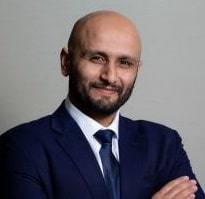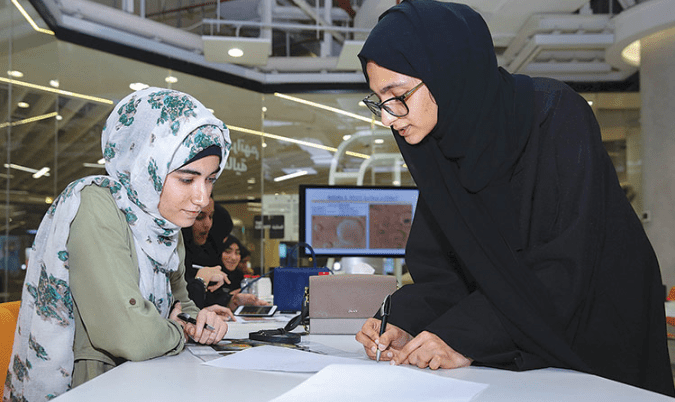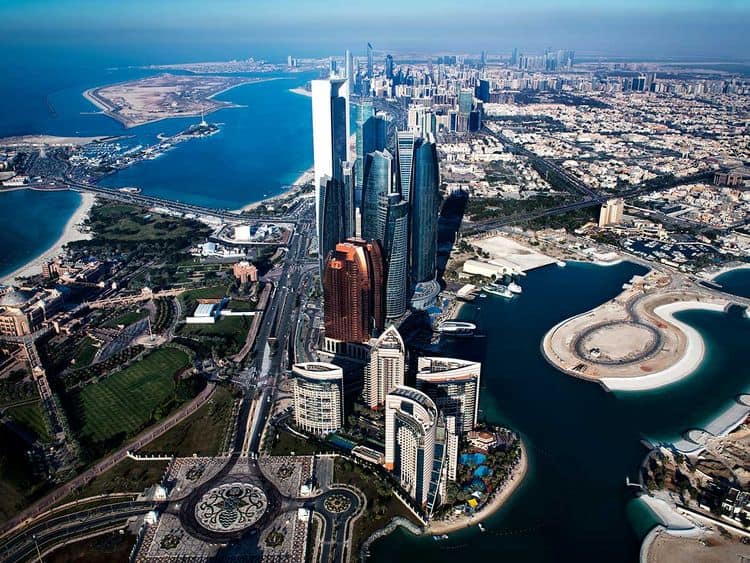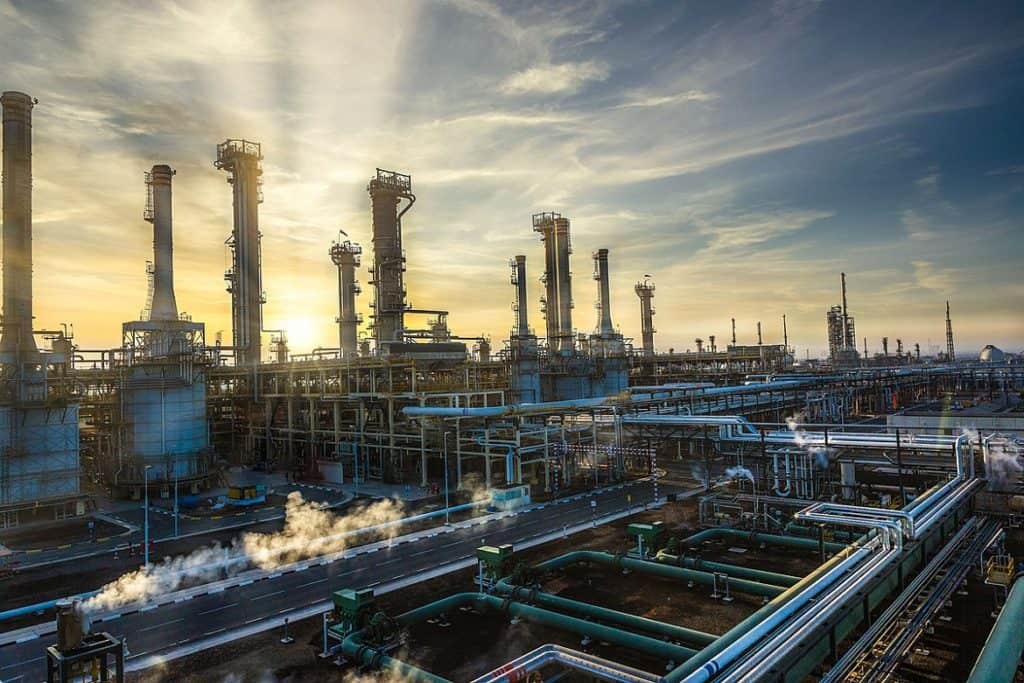World Geostrategic Insights interview with Omar Al-Ubaydli on the effects of high oil prices on Gulf economies, labor market reforms, and prospects for foreign investment in Gulf countries.

Omar Al-Ubaydli is Director of Research at the Bahrain Center for Strategic, International and Energy Studies, an affiliated associate professor of economics at George Mason University, and an affiliated senior research fellow at the Mercatus Center. I previously served as a member of the Commonwealth of Virginia’s Joint Advisory Board of Economists and a Visiting Professor of Economics at the University of Chicago.
Q1 – High oil prices have been an unexpected boon for the Gulf Cooperation Council (GCC) region this year, triggering a mini economic boom. The Saudi economy grew by 9.6 percent in the first quarter, the fastest rate in a decade. Unanticipated oil revenues are rapidly improving economic fundamentals. However, the region’s medium-term prospects depend on diversifying economies, moving away from black gold. Progress in this regard has been uneven across the Gulf countries. Do you think the current rise in oil prices will help finance transition projects or reduce the sense of urgency of the need to diversify economies?
A1 – Overall I think it will help. In the past, oil booms led to increased public sector hiring and public investments that were not embedded in an overarching strategic plan, meaning a limited positive effect on the economy. On this occasion, there is a much stronger political will to invest the windfall productively. It helps that the heads of government/state in the GCC states are younger leaders who have themselves played a leading role in their countries’ economic visions. This enhances their commitment to succeed.

Q2 – Oil wealth has long translated into generous subsidies and benefits for citizens, and the vast majority of working GCC citizens are employed in the public sector. This stifles private sector development, a problem the Gulf states have been trying to solve for decades. So far, the measures taken, mainly through wage subsidies to the private sector, have had little success. Recent labor market reforms, including laws preventing gender discrimination in the workplace in Bahrain, Saudi Arabia and the United Arab Emirates and the introduction of a minimum wage in Qatar, seem to be a step in the right direction, but not enough. What is your opinion? What structural changes would be needed?
A2 – There are two major structural changes that would contribute positively. The first is wholehearted investment in the improvement of primary and secondary education (many previous reforms have been superficial). The second is downsizing public sectors so that they employ numbers (proportionately speaking) comparable to those seen in western countries, including the possibility of lowering wages for new hires so as to make the private sector more attractive to job-market entrants. Together, these two policies would make the private sector much more effective.

Q3 – A number of more business-friendly reforms have been implemented in the Gulf countries, including new bankruptcy laws and greater foreign ownership of companies. In the United Arab Emirates, some of the 2021 reforms also aimed at bringing the economy closer to Western standards. But on the other hand, we can see that a number of multinational companies, including Uber, have been hit with millions of dollars in retroactive taxes. In 2021, Riyadh surprised the business community by declaring that after 2023 it would not sign contracts with foreign companies that were not based in the region. This is in a context where foreign investment in Saudi Arabia has already declined in recent years and despite a recent increase, remains well below the levels seen a decade ago. What is your opinion? Are the Gulf countries becoming less attractive to foreign investors?
A3 – First of all, interest rates are rising across the developed world, meaning that private investment is likely to be more difficult to attract whatever reforms are introduced. In general, however, the Gulf countries do offer an attractive investment because their economies maintain a high degree of growth potential, especially the Saudi economy, which is large in size and has many untapped projects. What is missing for many investors is confidence that this time, the needed reforms will be adhered to. That will take time.
Omar Al-Ubaydli – Director of Research at Derasat, Bahrain, affiliated associate professor of economics at George Mason University, and affiliated senior research fellow at the Mercatus Center. His research interests include political economy, experimental economics, and the economics of the GCC countries. Al-Ubaydli previously served as a member of the Commonwealth of Virginia’s Joint Advisory Board of Economists and a Visiting Professor of Economics at the University of Chicago. He regularly publishes his research in international peer-reviewed academic journals, and his mainstream media articles appear in Arabic and English-language newspapers and blogs such as AlHayat, The National, Forbes Opinion, and US News. Al-Ubaydli earned his BA in economics from the University of Cambridge, and his MA and PhD in economics from the University of Chicago.







